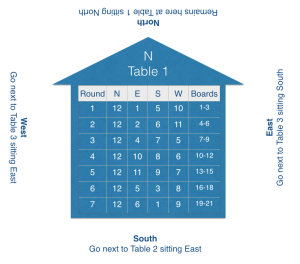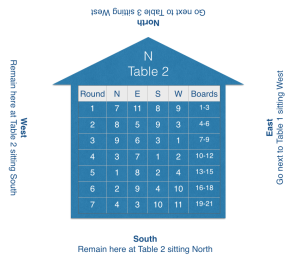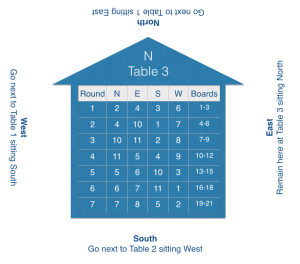Book: How to Talk About Books You Haven’t Read by Pierre Bayard
Rating: 8/10 … not another How to Bluff Your Way in Literature guide
Have you ever felt culturally inferior when conversation turns to literature and you haven’t read or can’t remember the books being discussed? Maybe you’ve heard of them but fear that offering an opinion will be found out as unsubstantiated by direct reading experience. This amusing book will help you to see it in a new light.
I picked up this hardback book (new) for €6. The gems you find at market stalls! This is one for book lovers. It tells us why we do’t need to read books … indeed we are better off not reading them … but even as we nod and agree with the arguments, it reminds us of why we’ll continue to go on reading. Although his message is serious, his tone is light and mocking.
Bayard divides our knowledge of books into unknown, skimmed, heard of and forgotten. None actually qualify as read. Since we can’t read more than an infinitesimally small fraction of the world library, we are all effectively non-readers and even the most erudite among us spend most of their time bluffing about what they have read. In those small number of cases where we have actually turned the pages of the book, we have forgotten so much and overlaid the rest with so much personal interpretation that we are essentially bluffing still. This is what he says:
“Being cultivated is a matter not of having read any book in particular, but of being able to find your bearings within books as a system, which requires you to know that they form a system and to be able to locate each element in relation to the others … The distinction between the content of a book and its location [in the system] is fundamental, for it is this that allows those unintimidated by culture to speak without trouble on any subject.”
In the first part of the book, he discusses how we (don’t) read. He provides advice from Robert Musil on why to avoid reading at all costs … to avoid favouring one book over another; from Paul Valéry on how to criticise after merely skimming a book (not to mention the subtle art of doling out faint praise); from Umberto Eco on how to deduce content without reading the book (with an amusing aside on how the accumulation of error points to truth); and from Montaigne on why our memory of books we think we read is suspect in the least. On memory, he concludes:
“Indeed, if after being read a book immediately begins to disappear from consciousness, to the point where it becomes impossible to remember whether we have read it, the very notion of reading loses its relevance, since any book, read or unread, will end up the equivalent of any other … As agonizing as it may be, Montaigne’s experience may nonetheless have the salutary effect of reassuring those to whom cultural efficiency seems unattainable.”
He goes on to describe literary confrontations, those occasions when we find ourselves called on to defend our reputation as cultured people.
… to be continued …




